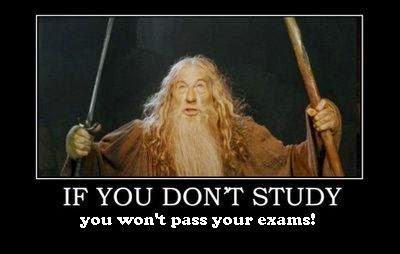FOR THE WEEK OF APRIL 11 TO 15

FOR THE FIRST DAY OF CLASS: Copy the following text in your notebook.
PRESENT PERFECT VS PAST SIMPLE
Form
| Simple Past | Present Perfect Simple |
|---|
irregular verbs: see 2nd column of irregular verbs
- Example:
- I spoke
|
irregular verbs: form of 'have' + 3rd column of irregular verbs
- Example:
- I / you / we / they have spoken
- he / she / it has spoken
|
|
regular verbs: infinitive + ed
- Example:
- I worked
|
regular verbs: form of 'have' + infinitive + ed
- Example:
- I / you / we / they have worked
- he / she / it has worked
|
| Exceptions |
Exceptions when adding 'ed':
- when the final letter is e, only add d
- Example:
- love - loved
- after a short, stressed vowel, the final consonant is doubled
- Example:
- admit - admitted
- final l is always doubled in British English (not in American English)
- Example:
- travel - travelled
- after a consonant, final y becomes i (but: not after a vowel)
- Example:
- worry - worried
- but: play - played
|
Use
In British English, the use of Simple Past and Present Perfect is quite strict. As soon as a time expression in the past is given, you have to use Simple Past. If there are no signal words, you must decide if we just talk about an action in the past or if its consequence in the present is important.
Note that the following explanations and exercises refer to British English only. In American English, you can normally use Simple Past instead of Present Perfect. We cannot accept this in our exercises, however, as this would lead to confusions amongst those who have to learn the differences.
Certain time in the past or just / already / yet?
Do you want to express that an action happened at a certain time in the past (even if it was just a few seconds ago) or that an action has just / already / not yet happened?
| Simple Past | Present Perfect Simple |
|---|
certain time in the past
- Example:
- I phoned Mary 2 minutes ago.
|
just / already / not yet
- Example:
- I have just phoned Mary.
|
Certain event in the past or how often so far?
Do you want to express when a certain action took place or whether / how often an action has happened till now?
| Simple Past | Present Perfect Simple |
|---|
certain event in the past
- Example:
- He went to Canada last summer.
| whether / how often till now
- Example:
- Have you ever been to Canada? / I have been to Canada twice.
|
Emphasis on action or result?
Do you just want to express what happened in the past? Or do you want to emphasise the result (a past action's consequence in the present)?
| Simple Past | Present Perfect Simple |
|---|
Emphasis on action
- Example:
- I bought a new bike.(just telling what I did in the past.)
|
Emphasis on result
- Example:
- I have bought a new bike. (With this sentence I actually want to express that I have a new bike now.)
|
Signal Words
| Simple Past | Present Perfect Simple |
|---|
- yesterday
- ... ago
- in 1990
- the other day
- last ...
|
- just
- already
- up to now
- until now / till now
- ever
- (not) yet
- so far
- lately / recently
|
FOR THE SECOND DAY OF CLASS: Work on the pages we started in class.
FOR THE THIRD DAY OF CLASSES: Quiz on present perfect vs past simple.





